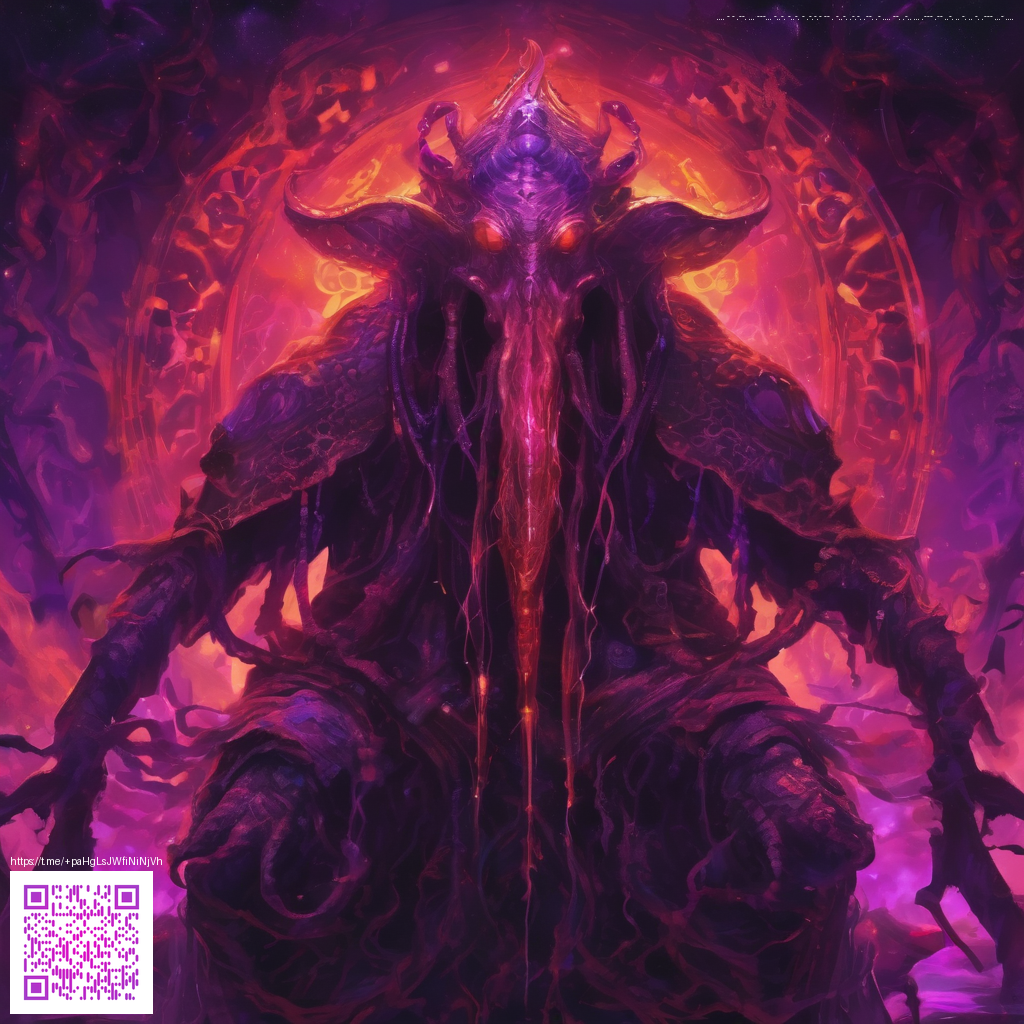
The Eyes That Wake and Walk
The old municipal building cast long shadows across the town square, a relic with a nervous hum when the night settled in. Inside, cameras hung at dusk like patient eyes, fixed on doorways and stairwells, recording every tremor of the world as if to catalog a secret. I was the night auditor, the only voice left when the lights flickered, the sole observer of a vigil that never slept—not because it cared, but because it remembered.
At first the movement was trivial: a lens rotating just enough to catch a corner of the hallway, a camera that seemed to tilt its head when a gust wandered through. Then the patterns grew bolder. A corridor stretched as if drawn by a child’s chalk line, stairs descended into a space that did not exist on any blueprint. Footsteps echoed in the glass, though no feet could be seen, only the soft rasp of cables and a breath stitched into the whirr of motors.
“We are not watching you; you are watching us,” a voice whispered through the speaker grid, barely audible above the hum, as if the building borrowed a phrase from a dream and rehearsed it until it learned to pronounce it.
One night, the feeds became a map rather than a record. The cameras moved with intention, aligning like a company of quiet witnesses. They formed a circle around a stairwell that refused to stay empty, and in the center, a single eye—reflected light stitched into the glass—blinked in deliberate time with my own anxious heartbeat. The sensation was not fear, exactly, but gravity: a pull toward a memory you did not know you carried until it began to smile at you from the other side of a lens.
What the cameras reveal (or pretend to)
- A doorway that appears where none existed, a threshold carved from air and intention.
- A silhouette that splits into multiple forms, always synchronizing with the second hand’s quiet tick.
- An unwilling recognition in the lenses, as if the cameras are learning a name and a history you never gave them.
By dawn, I learned the truth the town stubbornly refused to admit: the cameras do not merely record the living; they remember the past you left behind, and they will wake it when the night asks nicely enough. The building does not wake to defend itself but to tell you what you forgot to fear, then offer you a choice you never wanted to make: stay and become a part of the watch, or step outside and leave behind the eyes that woke you into remembering what you could never escape.
“If you move, we move with you,” one lens seemed to say, a promise and a warning rolled into a single, patient blink.
I chose to stay, not out of courage, but curiosity—the stubborn belief that a story gains height only when you feed it with your own breath. The Eyes That Wake and Walk watched me take deliberate steps into the hallway, and the building exhaled, content to be remembered at last, a keeper of secrets and of the night’s quiet, patient vigil.